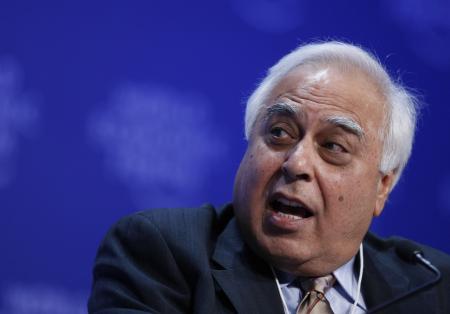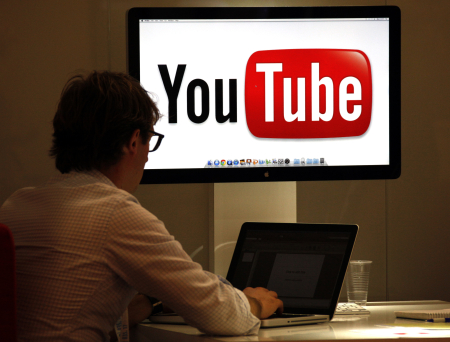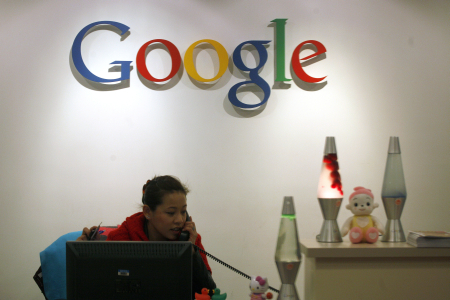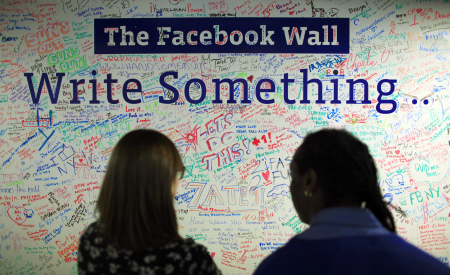 | « Back to article | Print this article |
Sibal's move to control Internet is wrong
Here we go again. The government wants to ban content it assumes could possibly hurt the sensibilities of people.
Telecom Minister Kapil Sibal wants social-networking sites, such as Facebook and YouTube, to pre-screen inflammatory content.
He claims freedom does not mean saying inflammatory or derogatory things.
With all due respect, Mr Minister, that is exactly what freedom means. It means saying things that could hurt, anger or inflame passions.
To say things that are only praising the government or are positive does not need any government sanction.
The right to free speech only comes into play when somebody wants to say things that are not positive.
Click NEXT to read more...
Sibal's move to control Internet is wrong
Sibal goes on to claim he is not ordering censorship. Well, he is wrong on that count, too. Pre-screening, blocking and filtering mean censorship.
What the telecom minister wants to do is to filter content so that sensibilities are not 'hurt'. That is censorship, plain and simple. Almost all the countries in the Middle East, China and some nations in the South-East Asia censor Internet by filtering content.
If Sibal has his way, India, too, will join their ranks in curtailing online freedom.
The minister wants the sites to delete any inflammatory or derogatory messages themselves. But then the issue is why should social-networking sites play policemen in monitoring content? And, who decides what is inflammatory or derogatory?
Click NEXT to read more...
Sibal's move to control Internet is wrong
What could be inflammatory to one user could be a simple fact to another. How do you decide which is which?
For instance, if I want to call Prime Minister Manmohan Singh names on Facebook, would it fall under the derogatory category?
Probably, yes. According to media reports, in the past six months, Indian law enforcement agencies have asked Google to remove 236 communities and profile from a social-networking site as they were critical of a local politician.
If they are so sensitive about a local politician, imagine what they would do if you were to criticise the prime minister.
Click NEXT to read more...
Sibal's move to control Internet is wrong
Until now making fun of the leader was not allowed in totalitarian countries but, apparently, Sibal does not see any difference between a democracy and dictatorship.
Want to see another parallel emerging between India and the totalitarian Middle Eastern countries?
Just like in countries like Saudi Arabia and the United Arab Emirates, the Indian government too plans to set up its own unit to monitor information posted on websites and social-media sites, which will report to Gulshan Rai, the director general of India's cyber-security monitor, according to a media report.
Then there is the problem of logistics. How do you censor, pre-screen and filter so much content?
Click NEXT to read more...
Sibal's move to control Internet is wrong
Facebook said earlier this year it has more than 25 million users in India. Google has over 100 million Internet users in India.
When Internet monitoring has not worked in such closed societies as Saudi Arabia, it is highly unlikely that the government or the websites themselves would be able to block all derogatory, inflammatory or disparaging comments or images.
Instead of trying to control the web, Sibal should work on increasing the reach and speed of Internet.
Indians would be more happy with better Internet access than with Sibal looking over their shoulders.




